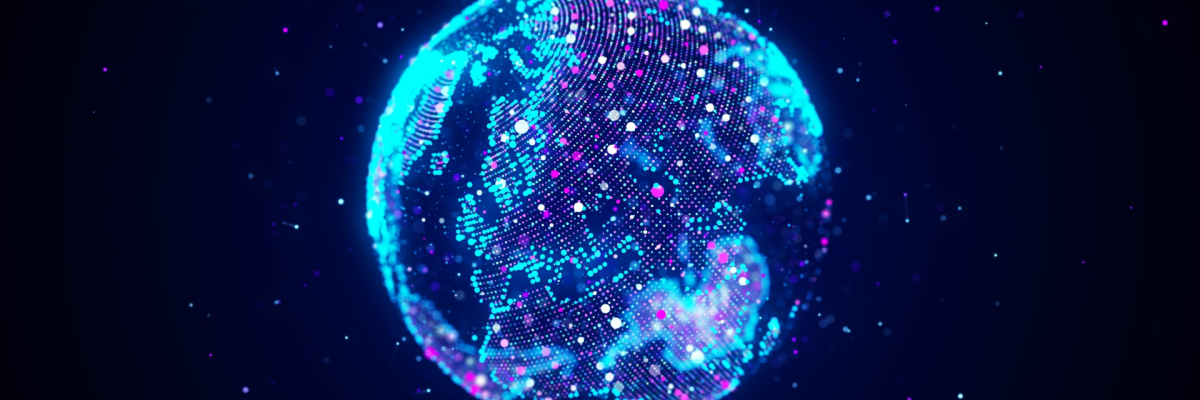Scientists have developed a cutting-edge system based on artificial intelligence, designed to independently investigate the origins of life. The year 2025 is already being dubbed the year of AI agents.
This new system will conduct research in the field of astrobiology, which explores the possibility of the emergence and evolution of extraterrestrial life.
The innovative platform is called AstroAgents. It was unveiled at the International Conference on Learning Representations (ICLR) 2025 in Singapore. The system comprises eight AI agents that analyze vast datasets and autonomously generate scientific hypotheses. Researchers plan to deploy it to examine samples brought back by NASA from Mars. These AI agents will be able to determine whether traces of life exist in organic molecules found in the samples.
Astrobiologist Denise Buckner, a specialist at NASA’s Goddard Space Flight Center in Greenbelt, Maryland, is confident that AI agents will accelerate our understanding of how molecules form both in space and on Earth — offering crucial insights into whether potential evidence of life exists. And, if it does, the system may even help to identify concrete signs of that life.
Currently, there are over a hundred hypotheses regarding the origin of life in the universe. The new AI system aims to automate the process of testing them. Typically, such agents are built on large language models (LLMs). To power AstroAgents, the developers experimented with two LLMs — Claude Sonnet 3.5 and Gemini 2.0 Flash. They fed each system datasets for identifying substances and determining the concentrations of various components, as well as soil samples from diverse regions of Earth — including Antarctica and Chile’s Atacama Desert.
The AI agents were then trained and tested using this information. Today, they can operate autonomously, assess their own results, and draw conclusions.
There is still ongoing debate among scientists about whether AI researchers can generate original scientific hypotheses and novel ideas. One of the most notable examples of such AI-driven researchers is Co-Scientist, developed by Google and unveiled in February of this year. By analyzing large datasets and scientific literature, the system can identify potentially new treatments for liver diseases.
Analysts at the American firm Grand View Research project that the global market for AI agents will surge by 2030, reaching $50.5 billion. This will drive not only the automation of numerous processes but also the emergence of hyper-personalized artificial intelligence systems.
Share this with your friends!





Be the first to comment
Please log in to comment